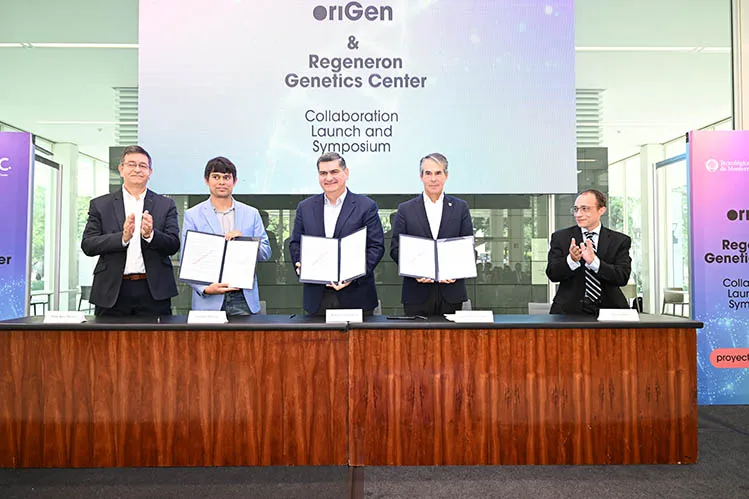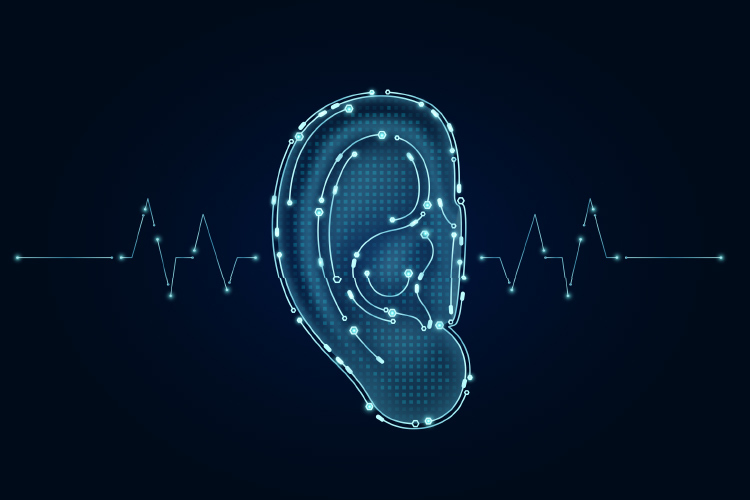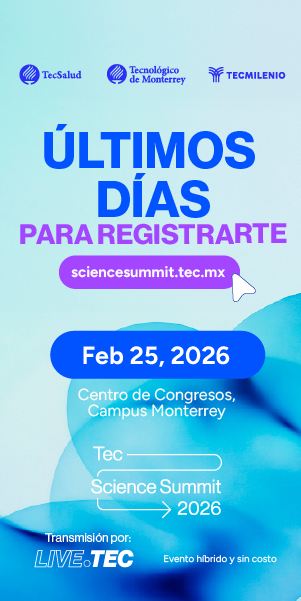Tecnológico de Monterrey and Regeneron Genetics Center have signed a collaboration agreement that will promote the scope and objectives of the oriGen project, which aims to collect and expand the understanding of the genetic information of the Mexican population and accelerate research advances in health.
This alliance enables the reviewing of exomes (small vesicles that allow cellular communication) from all the project samples, as well as sequencing the complete genome in the samples of 10,000 individuals, out of the 100,000 that are estimated to participate in the oriGen project, which will allow analysis of the genetic characteristics from all the information collected.
During the event, David Garza, Rector and Executive President of Tec de Monterrey, said that we are experiencing a “sea change” with the incorporation of new health and genomics infrastructure.
“I believe that we are facing what some call a sea change, a change of era. That change needs someone dynamic who says ‘I’m going to participate in the construction of that infrastructure.’ I’m pleased that Tec de Monterrey, in synergy with Regeneron, is the protagonist of this new era, of a new milestone such as the oriGen project.”
Guillermo Torre, Rector of TecSalud and Vice President of Research at Tecnológico de Monterrey, mentioned that projects like this become important because “they highlight the capacity of Mexican scientists and secondly, because they show the relevance of applied research for the benefit of Mexicans.”
Higher incidence of diabetes and obesity in the Mexican population
According to Pablo Kuri, leader of oriGen, the project will become the country’s repository of genetic and epidemiological information and −with the collaboration of other centers such as Regeneron Genetics Center− “we hope to have an improvement in the health of the Mexican population in the end. That’s what we all want.”
Less than a year after the launch of the project, more than 20,000 people have participated and more than 1,500 complete genomes have been sequenced in states such as Mexico City, Nuevo León, Coahuila, Durango, and Tamaulipas.
Among the first results that the analyses have yielded is that 25% of the population has been diagnosed with diabetes, contrary to data from the National Health and Nutrition Survey (ENSANUT, in Spanish), which reported 10.2%.
They also found an obesity rate of 47.4%, compared to data from the World Health Organization (WHO) that reported 36%.
Some of the challenges that the project presents so far are reaching 100,000 participants before 2025, since elections are approaching and the sociopolitical environment may delay sampling,
In addition, it currently presents various biases, including one for sex, with a 2:1 ratio of women to men, as well as an underrepresentation of younger age groups, with the greatest number of participants being the elderly.
“Our young people don’t want to participate, which is unfortunate,” Kuri said. “We are making an effort to correct this as we move forward.”
Also, it was recognized that the project, conceived five years ago, is a sign of the intention to do applied science that really drives change in the population.
Gonçalo Abecasis, Vice President and Director of Data Science Genomics at Regeneron Genetics Center, described it as “fundamental” to understand the genetic characteristics of each population in the world, in order to focus medical efforts on their vulnerabilities and predispositions.
“There are many things about the health of people in Mexico that you could never learn from studying other populations in the world,” he said.
What is Regeneron Genetics Center?
Regeneron Genetics Center is a wholly owned subsidiary of Regeneron Pharmaceuticals, which focuses on early gene discovery and functional genomics.
The primary goal of RGC is to improve patient outcomes with new drugs, clinical indications for development programs, and genomic biomarkers for pharmacogenomic applications. It has presence in 17 countries.
















